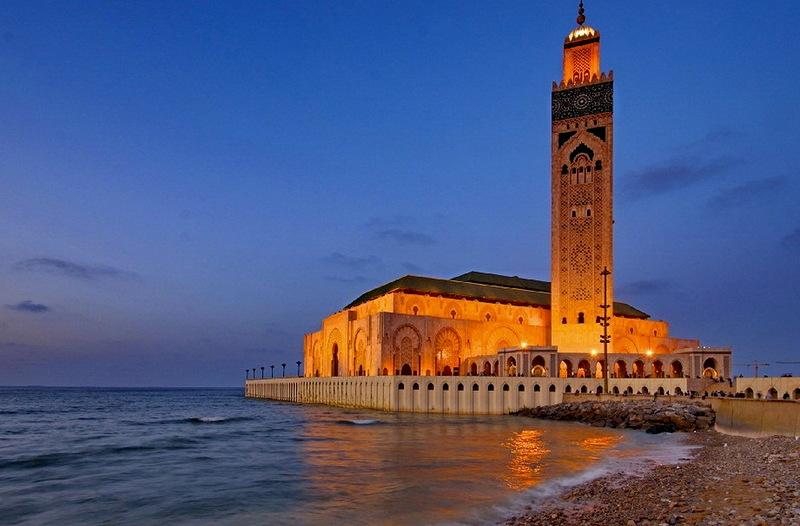RABAT, March 5 (Xinhua) -- Nearly five months after the parliamentary elections in Morocco, the re-appointed Islamist Prime Minister Abdelilah Benkirane is still struggling to form a new government.
The leader of Justice and Development Party (PJD) has gained the support of two parties since late October, yet he has been unable to make a deal with a third party to secure the majority of 395-seat parliament.
With PJD's 125 seats, the coalition with the leftist Party of Progress and Socialism (12 seats) and the nationalist Istiqlal Party (46 seats) is made up of 183 seats only.
While the second party in the October 7 elections, the secularist Authenticity and Modernity Party (PAM), has announced from day one its rejection to form a government with PJD, the other three parties available continue to raise the bar on Benkirane's requests.
To change the course of action, PJD has proposed to break its coalition with Istiqlal Party and restrict the membership of the new government to the parties which formed the previous coalition.
This move has not been accepted by the other two parties in the former coalition, namely the liberal National Rally of Independents (RNI) and the nationalist Popular Movement (MP).
The two parties insist that the Constitutional Union Party (UC) and the Socialist Union of Popular Forces Party (USFP) should also be included in the government.
On Saturday, the leader of RNI Aziz Akhannouch said his party wants not just a majority of seats in the parliament, but a "strong" coalition to address the various challenges the country faces.
Morocco's 2011 Constitution says nothing on the question of a prime minister-designate being unable to form a majority, which leaves room for the next step if the formation of the government fails.
If the stagnation of the talks lasts much longer, one option seems plausible, the announcement by Benkirane of the failure of forming the government and the call for fresh elections. Enditem




 A single purchase
A single purchase









